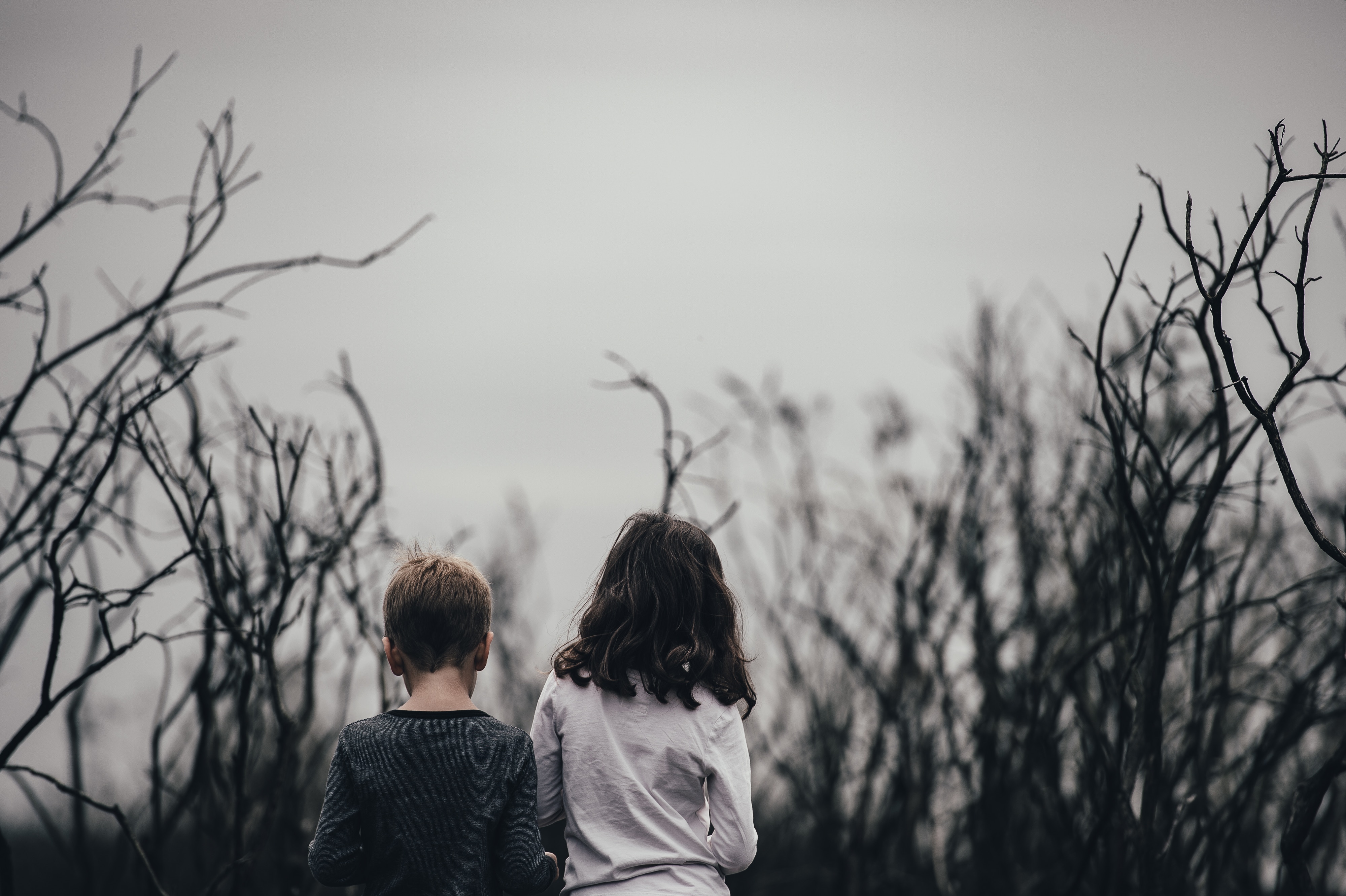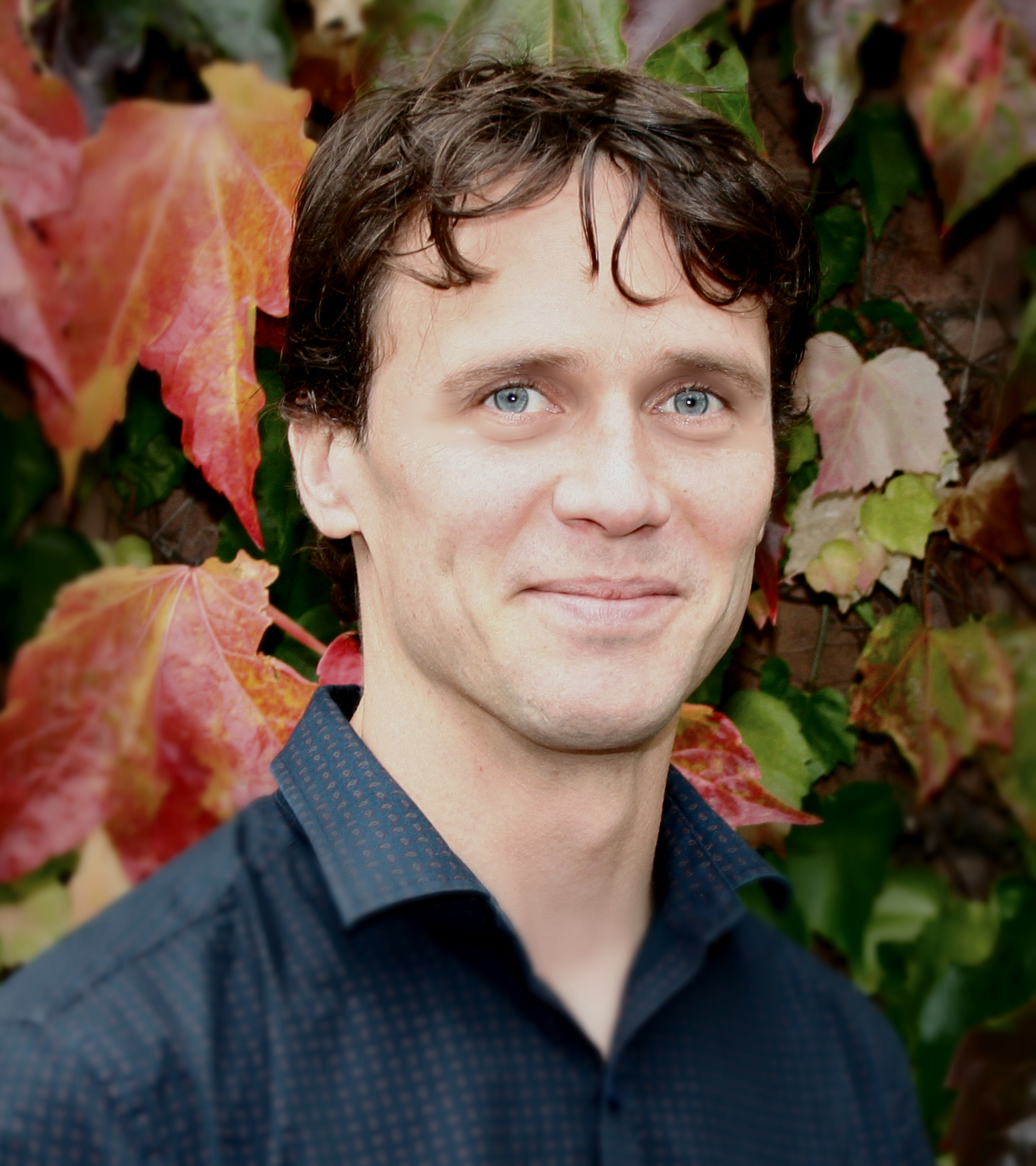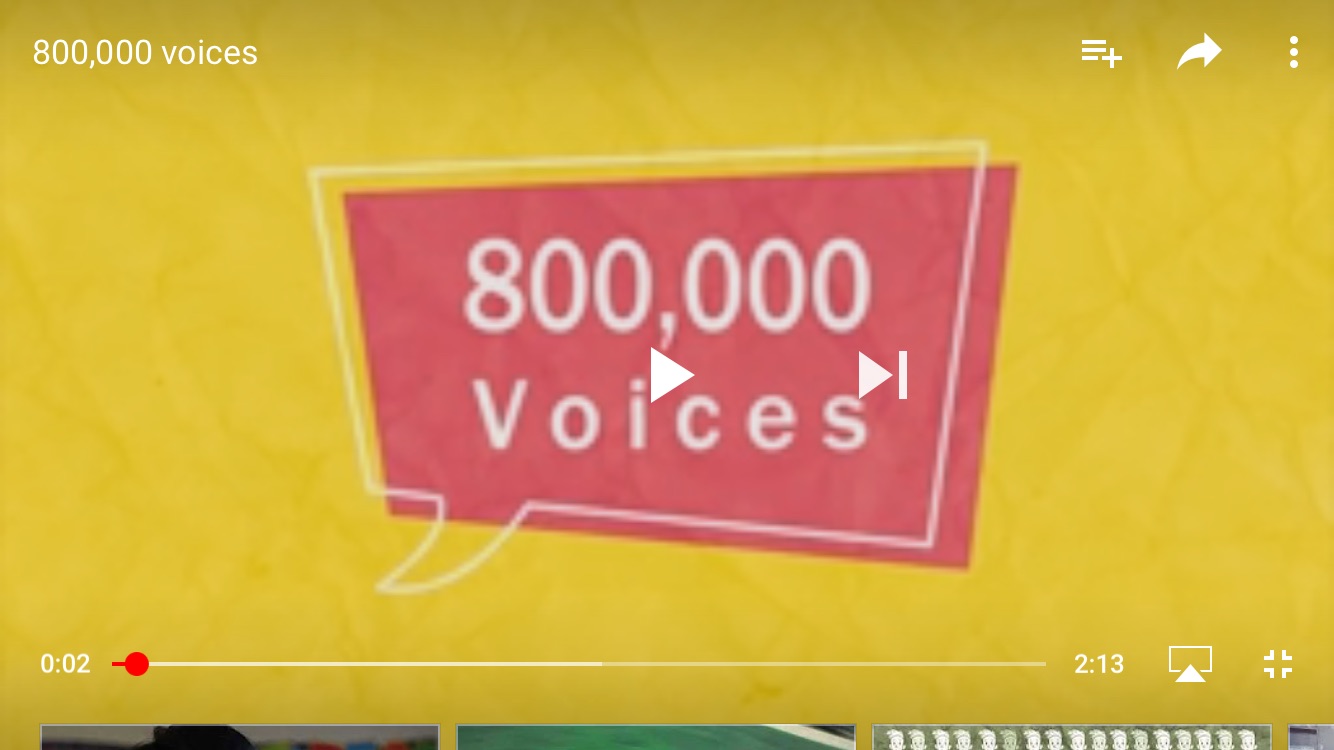
This article is part of the network’s archive of useful research information. This article is closed to new comments due to inactivity. We welcome new content which can be done by submitting an article for review or take part in discussions in an open topic or submit a blog post to take your discussions online.
 November 2017: Children and prisons
November 2017: Children and prisons
To mark Universal Children's Day, WEPHREN collected resources on children and prisons to raise awareness about this vulnerable group. Thank you to all those who sent in contributions, and special thanks to our guest blogger, Professor Nathan Hughes.
Featured blog post
 Professor Nathan Hughes
Professor Nathan Hughes
Professor Hughes highlights the high prevalence of neurodevelopmental disorders among young people in youth justice custodial institutions and calls into question the extent to which impairment is recognised and effectively responded to within youth justice systems. Click here to read the blog post.

Children are directly impacted by having a parent in prison. These children are often more vulnerable to stigma, social isolation, shame and fear. Children with a parent in prison are not typically given adequate consideration by the judicial system throughout their parent’s arrest, sentencing and time in prison. This lack of consideration means that children of prisoners become “collateral victims” of a crime they did not commit.
Nearly one million children in Europe have a parent in prison. Despite the great number of children impacted by a parent’s incarceration, Children of Prisoners Europe is the only network in Europe working exclusively on behalf of these children.
In the linked video by Children of Prisoners Europe, children express in their own words the different emotions they go through when visiting a parent in prison. Children with imprisoned parents are ordinary children facing unusual life circumstances. Like any other group of children, children separated from a parent in prison experience many different emotions; some even contradictory to those that other children in similar positions may feel.
Decision-makers tend to use reductionist language to describe children with imprisoned parents; putting them all in the same box. It is time to start paying attention to the children’s varying needs and wishes, to put them at the forefront of our agendas and to give them the stage to explain their reactions to parental imprisonment in their own words. It is time to start listening.
You can also access information on the organisation's documents on Children of Imprisoned Parents: European Perspectives on Good Practice or their journal European Journal of Parental Imprisonment
Articles
WEPHREN has a collection of articles and papers on children and prisons that can be acccessed here.
Resources